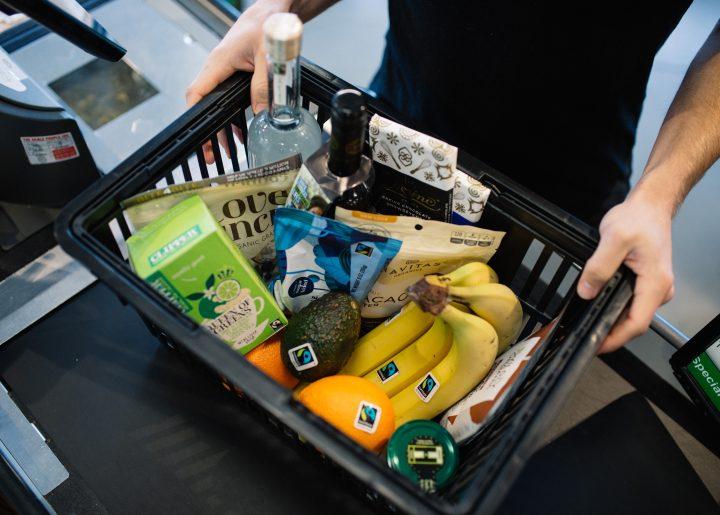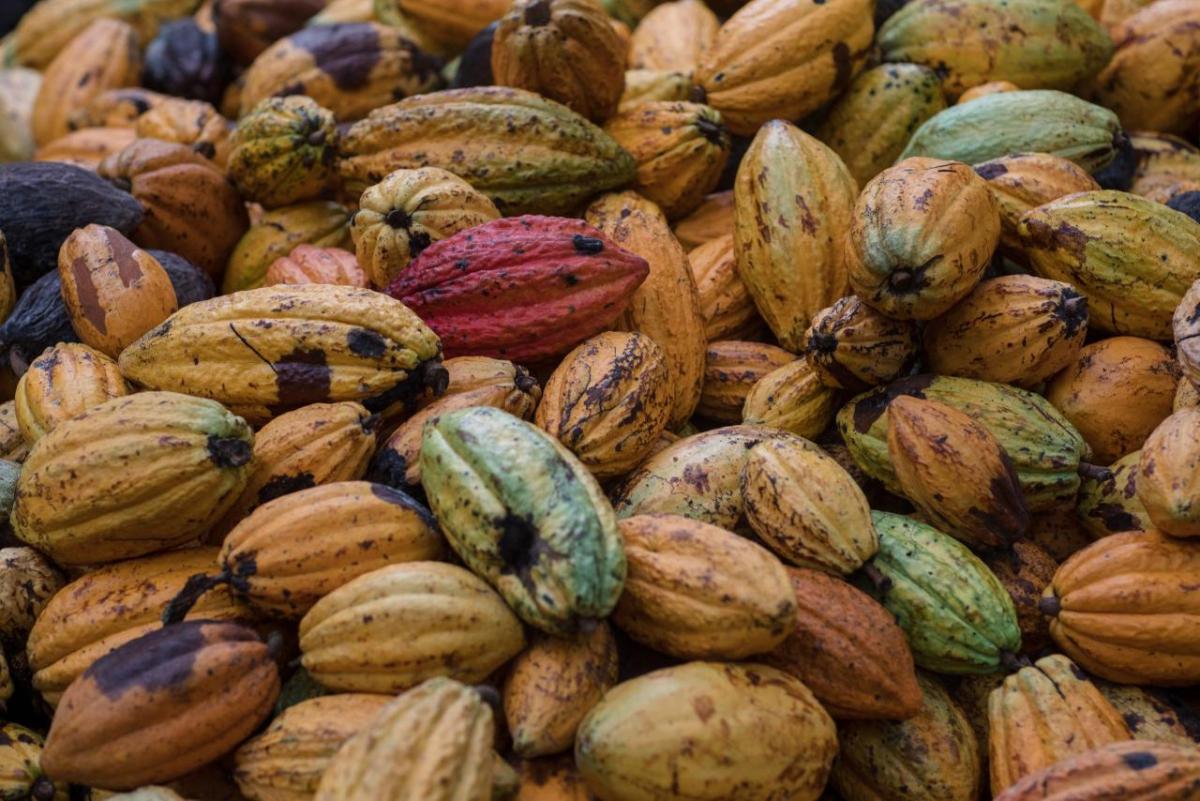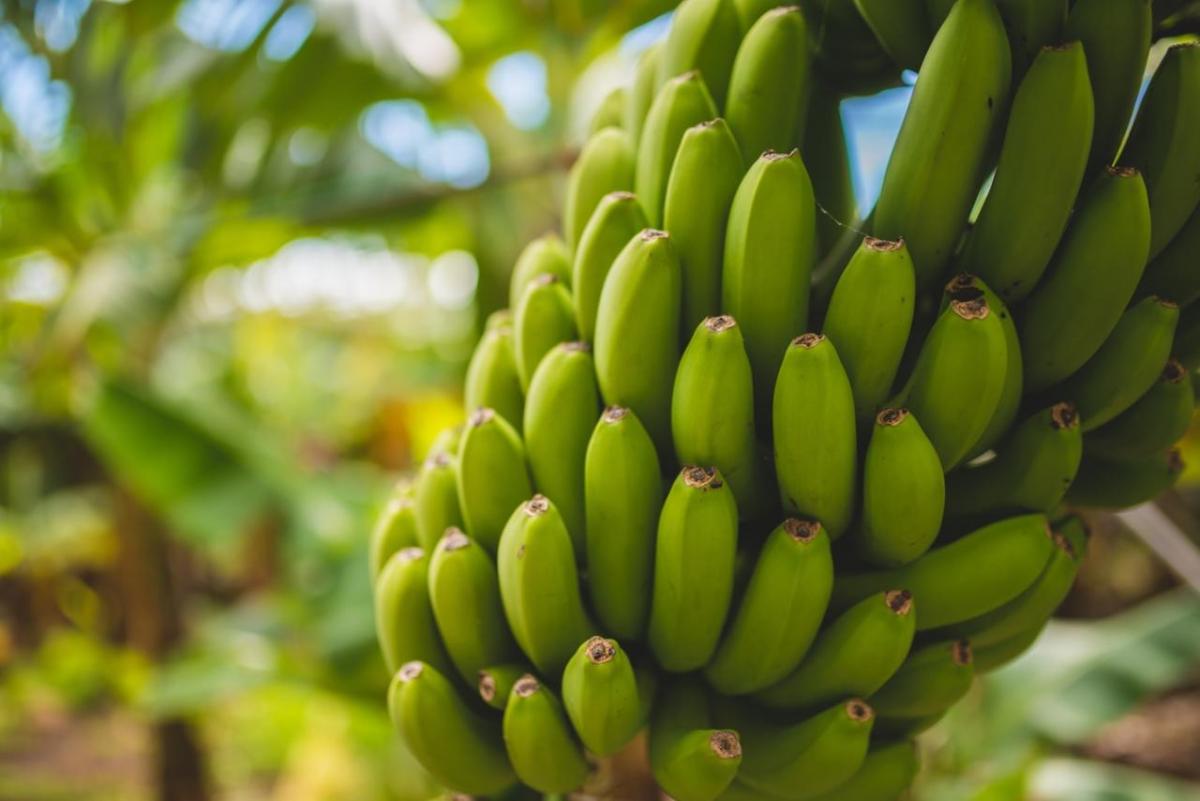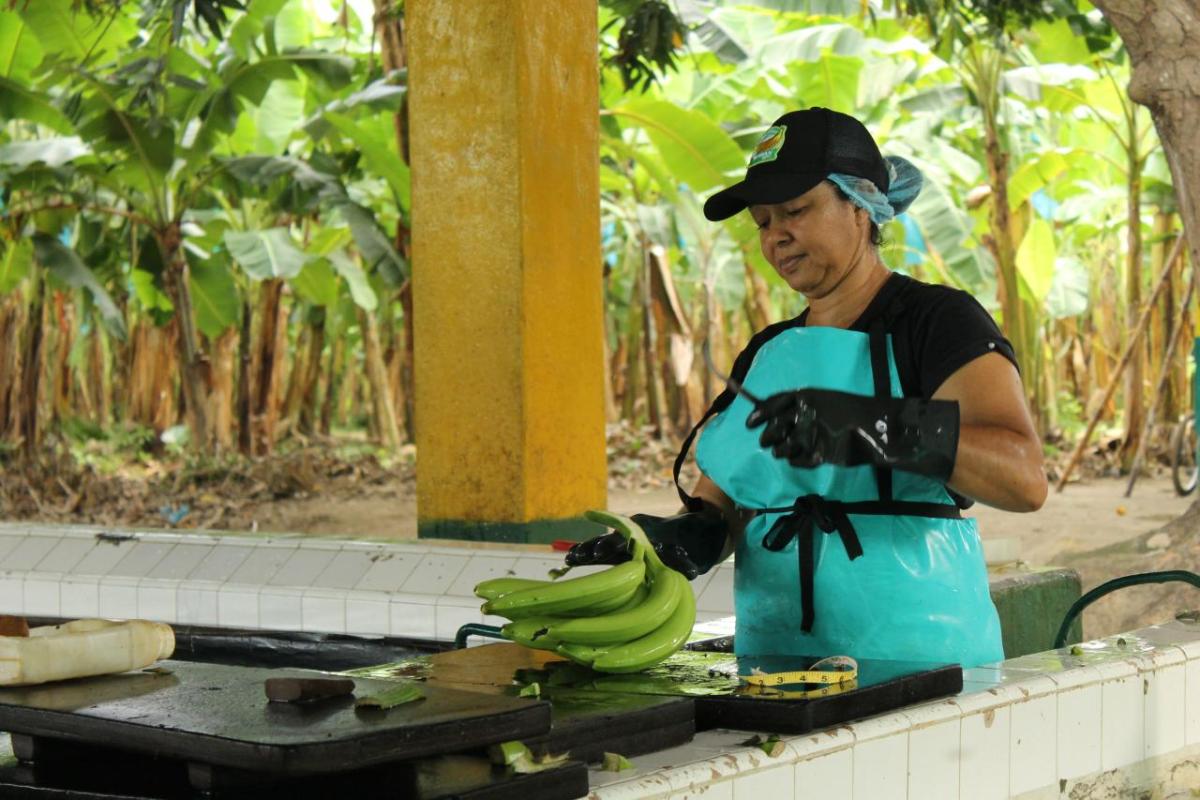Global Trade and Climate Change Will Impact U.S. Grocery Bills—Fairtrade America Offers Key Strategies for 2025
WASHINGTON, December 10, 2024 /3BL/ - American consumers are concerned about the cost and quality of the groceries they consume every day, as evidenced by the results of the 2024 U.S. presidential election. Food brands should keep this in mind as they plan for 2025, particularly when it comes to their sustainability goals, because global trade trends will have consequences for Americans’ wallets and values.
Research commissioned by Fairtrade America and carried out by the independent insights firm, GlobeScan, in 2023 found that 61% of shoppers see inflation as the most important challenge facing the world. Poverty and climate change ranked second and third, respectively.
Fairtrade America forecasts the following trends for 2025 and calls on brands to strategize around them as the New Year approaches.
High Global Commodity Prices Are Here to Stay
The history-making coffee and cocoa price spikes seen in 2024 are not anomalies. Prices for commodities grown by smallholder farmers in tropical regions hit hard by climate change will increase due to reduced supply. For American consumers, this will likely mean paying more for bananas and other produce, herbs and spices, and nuts and oils, in addition to coffee and cocoa.
Smallholder farmers in these regions are unable to quickly adapt to climate change because of long-standing issues, including the exploitative underpayment of farmers, a lack of investment in aging farms that have lower production potential and rising production costs.
To lessen the sting of price fluctuations, commodity traders and food companies must invest more in the farms they source from. Only when climate change adaptation at the farm level becomes a shared responsibility across the supply chain will global market prices stand a chance of stabilizing.
Europe’s Regulations Will Redefine Expectations Globally
The European Union’s Deforestation Regulation and the European Commission’s Corporate Sustainability Due Diligence Directive have set higher bars for environmental, economic and social sustainability that food companies will need to reach to sell into Europe. Seen by many as the strictest sustainability laws created to date, both signal greater scrutiny on and enforcement of responsible corporate behavior.
Supply chains are global. Food brands will be impacted by these regulations whether they are selling in Europe or not.
Even if U.S. policy continues its inaction on corporate sustainability and social responsibility, there is growing consumer demand among Americans for more sustainable products. Millennial and Gen Z shoppers, who are positioned to have the most purchasing power by 2030, are driving this trend. Considering that consumers have ranked national governments, international entities (like the United Nations) and large corporations as the most responsible for moving the needle on human rights and environmental due diligence, brands that become early adopters can capitalize on the lack of progress from the other two groups to gain consumers’ favor and strengthen their position on the global stage.
Consumers Demand Proof
Sustainability claims are no longer enough. Building shoppers’ trust in your sustainability efforts across environmental, economic and social issues is key. This is a challenge because concern for greenwashing has grown alongside rates of general corporate distrust.
Sustainability claims must be proven, or consumer trust will be lost. In today’s environment of information overwhelm, brands must concisely, transparently and repeatedly communicate the difference they are making and be able to back up their statements with evidence and impact reporting. Companies that make sustainability a core tenet of their brand will be well positioned to capture younger generations’ business come 2030.
“No amount of isolationism in U.S. politics will protect American shoppers and their wallets from these global realities,” said Amanda Archila, Executive Director, Fairtrade America. “Every day spent denying current crises puts affordability, livelihoods, and the very land needed to feed people at risk. Many consumers have recognized that climate change is no longer an existential threat, and their purchasing motivations have changed accordingly. Now, it’s on food companies to adapt.”
Fairtrade America urges food companies to consider these factors as they reevaluate their sustainability efforts for 2025. Steps brands can take to chart a more sustainable way forward in 2025 include:
- Understand how climate change is affecting supply chains and invest in climate adaptation at the farm level
- Prepare farmers in your supply chain to be compliant with evolving sustainability laws
- Partner with Fairtrade America to source sustainable products and leverage our impact reporting and communications support
Find more information about Fairtrade and the process of certification at fairtradeamerica.org/get-certified.
Media Contact: Liz Davis, Media Relations Manager, Fairtrade America
ldavis@fairtradeamerica.org | 937-776-3493
About Fairtrade America
Fairtrade America works to rebalance trade, making it a system rooted in partnership and mutual respect rather than exploitation. It's about businesses, shoppers, farmers and workers all working together so we can all experience the benefits of trade. Fairtrade America is the U.S. branch of Fairtrade International, the original and global leader in fair trade certification with more than 30 years of experience working for fair trading practices in more than 30 countries across the globe. A non-profit 501(c)3 organization, Fairtrade America is part of the world's largest and most recognized fair trade certification program —part of a global movement for change. Learn more at fairtradeamerica.org, and by connecting with Fairtrade America on Facebook, Instagram and LinkedIn.







